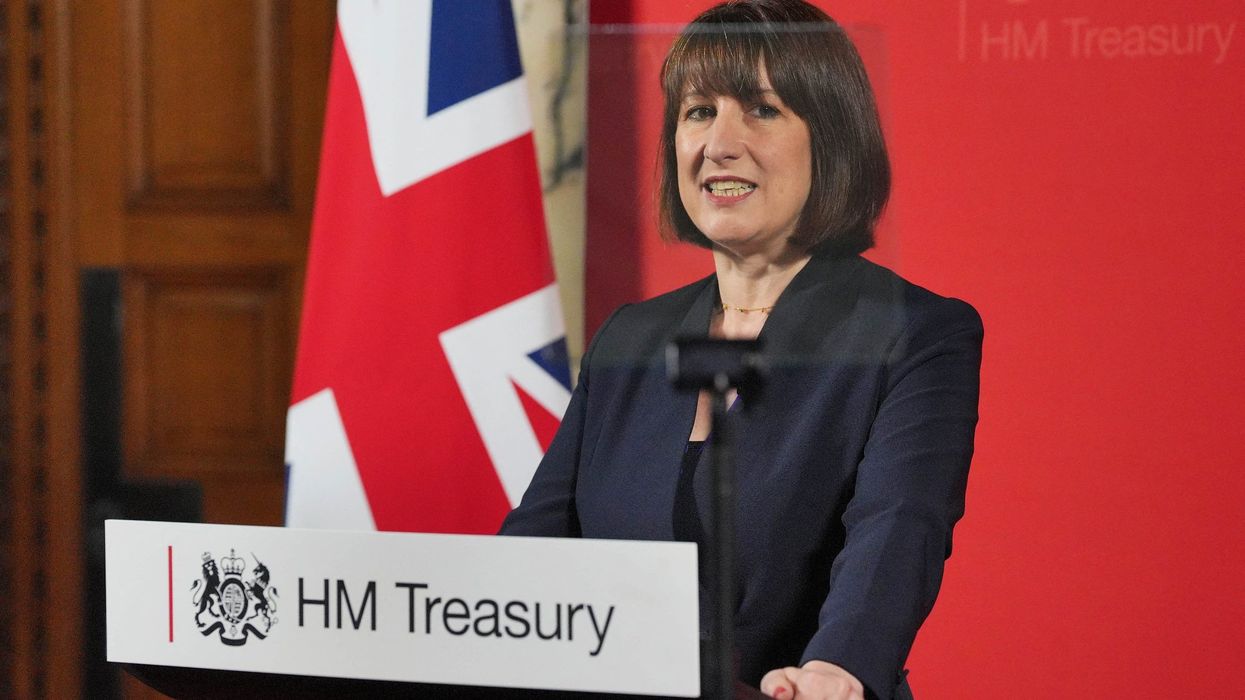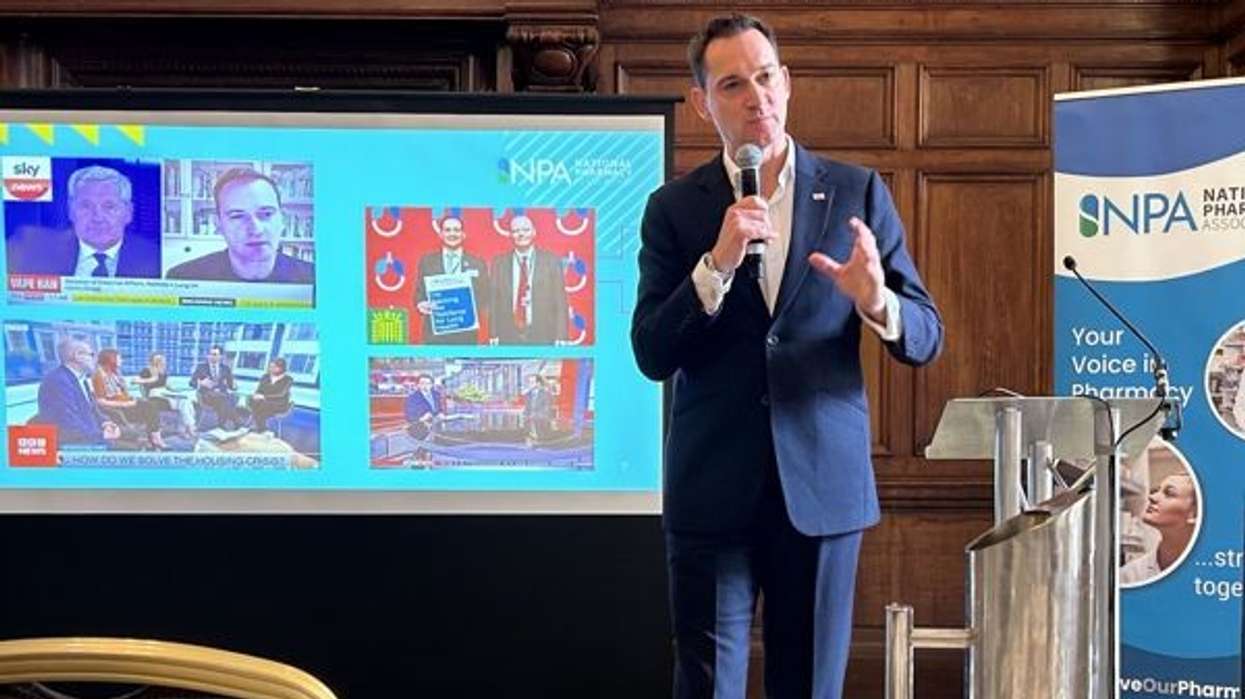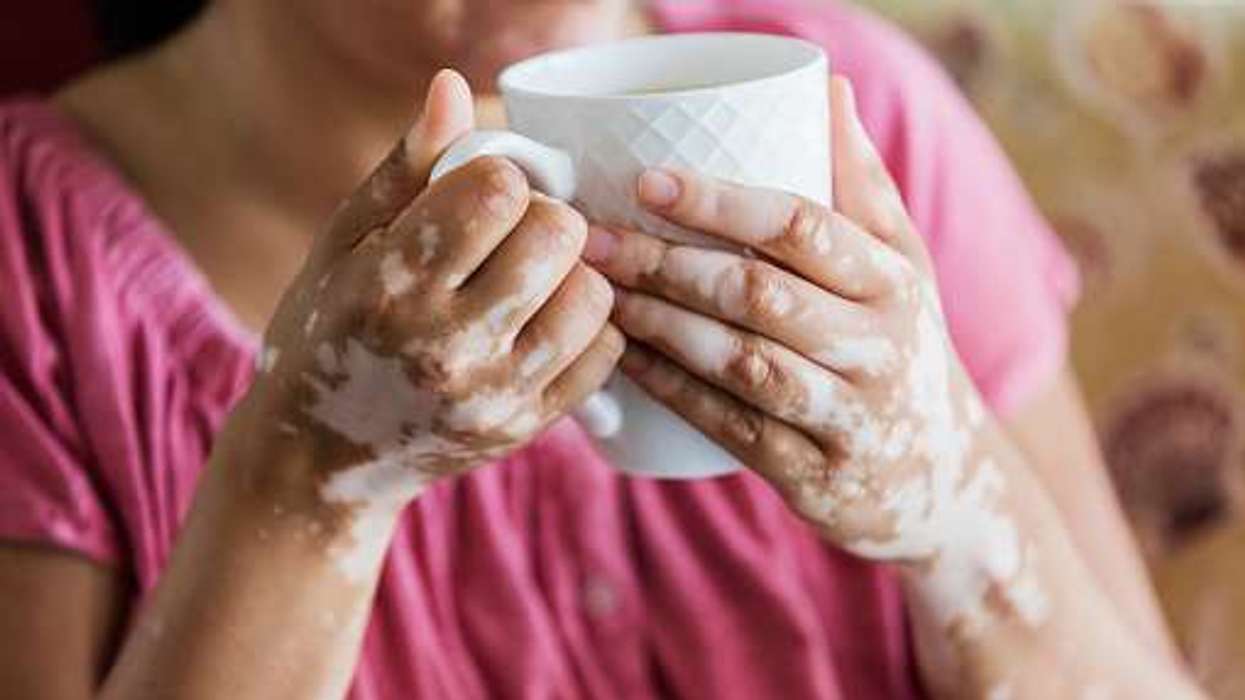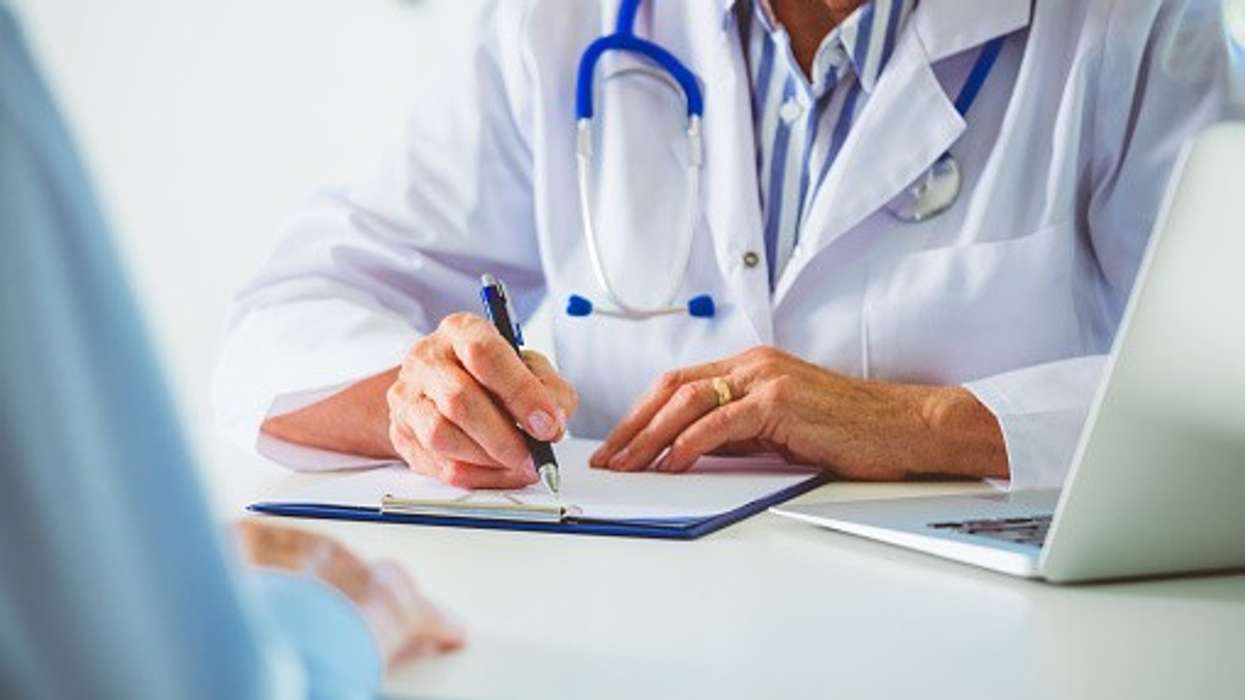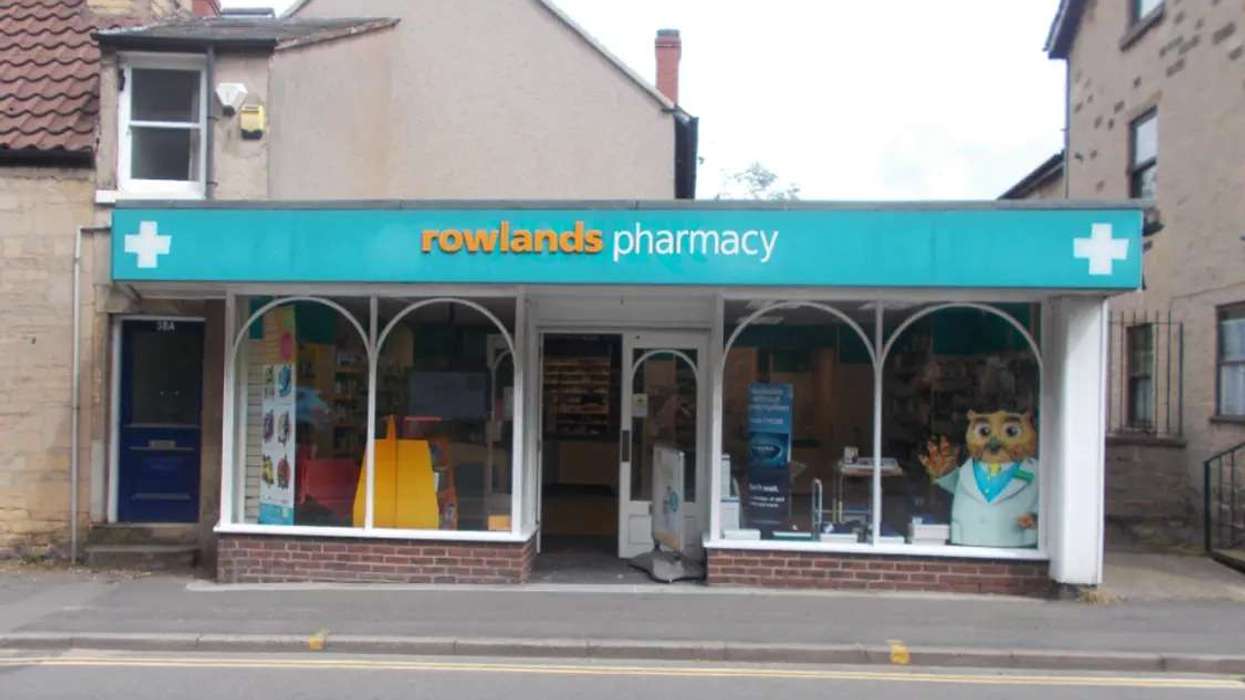Key Summary
- The move is part of government’s wider action to ease the cost of living
- Around 89 percent of prescriptions are already dispensed free of charge to children, over-60s, pregnant women, and those with certain medical conditions
- Three month and annual prescriptions prepayment certificates will also be frozen for 2026/27 keeping costs low for those with a regular need for prescriptions
Chancellor of the Exchequer Rachel Reeves has announced that the charge for a single NHS prescription will remain frozen at £9.90 for the next year.
Reeves made the announcement ahead of next week’s Budget, and this move will help patients save around £12 million next year.
This will also help ensure that no patient places themselves at risk by not taking their medication due to the cost of picking it up.
Reeves said, "No one should put their health at risk because they can’t afford their medication, and as the cost of living still puts pressure on households I’m extending the cash freeze on prescription charges.
"Since taking office, we’ve been committed to fixing the NHS, and waiting lists are down by 230,000 over the past year. At next week’s Budget I will take the fair choices to deliver what matters most to the country: cutting waiting lists, cutting the cost of living and cutting the national debt."
Around 89 percent of prescriptions in England are already dispensed free of charge to children, over-60s, pregnant women, and those with certain medical conditions.
Three-month and annual prescriptions prepayment certificates will also be frozen for 2026/27 keeping costs low for those with a regular need for prescriptions.
In addition to the freeze on charges, the NHS Low Income Scheme offers help with prescription payments, with free prescriptions for eligible people in certain groups such as pensioners, students, and those who receive state benefits or live in care homes.
Extending the freeze on prescription costs is part of this government’s wider action to ease the cost of living, having already rolled out free breakfast clubs, increased the National Living Wage worth an extra £1,400 per year for millions of working people and protected the pensions triple lock.
Health secretary Wes Streeting said the latest move "will put money back into the pockets of millions of people."
"We’ve already made the morning-after pill available free of charge at all pharmacies, and as well as keeping prescriptions under a tenner, we’re making sure you can get the care you need closer to home to keep travel costs down.
"We are fixing our NHS and making it so it’s once again there for you when you need it."
For the first time in 15 years, NHS waiting lists have begun to fall, and the backlog has been cut by more than 230,000.
The government has also succeeded in fulfilling its promise of delivering more than 5 million additional appointments since the election.








